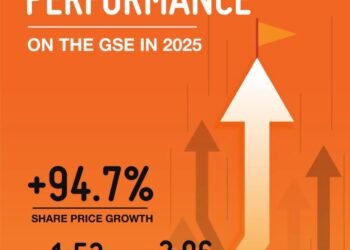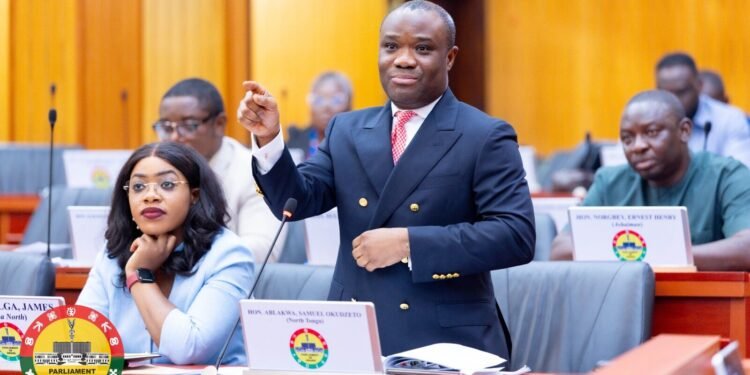The Ghana Academy of Arts and Sciences (GAAS) and the Ghana Coalition Against Galamsey (GCAG) have issued a united and urgent call to the Government of Ghana to immediately revoke the Environmental Protection (Mining in Forest Reserves) Regulations, 2022 (LI 2462), citing grave threats to the environment, constitutional breaches, and a betrayal of public trust.
In a strongly worded statement issued on Monday, GAAS condemned what it called a “piecemeal and deceptive” attempt by the government to amend only Regulation 3(2) of LI 2462 instead of scrapping the entire legislative instrument, which currently permits mining activities in Ghana’s protected forest reserves.
“A forest reserve is not a mine-in-waiting.
“Authorising mining in these protected zones undermines the entire purpose of forest reserves, threatens biodiversity, pollutes our water bodies, and violates Ghana’s international commitments on climate and the environment.”
Ghana Academy of Arts and Sciences (GAAS)
The Academy described LI 2462 as both a legal and environmental misstep. According to GAAS, the regulation grants unlawful discretionary powers to the Minister for Lands and Natural Resources and the President, powers which constitutionally lie with the Minerals Commission and Parliament.

The group warned that Ghana’s already dismal record on mining enforcement could spiral further, opening the floodgates to environmental degradation and weakening climate resilience.
“Our forests are not just natural spaces—they are our last line of defence against climate change, water insecurity, and biodiversity loss.”
Ghana Academy of Arts and Sciences (GAAS)
GAAS President, Emerita Professor Isabella Akyinbah Quakyi, further stated, “Let us not be the generation that traded away Ghana’s forests for short-term profits. Let us be the generation that stood firm and said: our forests are not for sale.”
GAAS also stressed that Ghana risks violating multiple international agreements, including the Paris Climate Agreement and the Convention on Biological Diversity, if it fails to act decisively.
GCAG Accuses Government of Political Evasion

The Ghana Coalition Against Galamsey (GCAG)—a civic alliance of media, professional groups, and civil society—echoed GAAS’s position and accused the government of reneging on its promises.
“The government made a solemn vow to the people of Ghana: L.I. 2462 would be revoked, not amended.
“We are disappointed that, although the promise was that the process to revoke the LI 2462 will begin immediately when Parliament resumes, to the best of our knowledge, it is not on the order of business.”
Ghana Coalition Against Galamsey (GCAG)
GCAG cited specific public assurances made by government officials, including a statement by Jerry S.Y. Kuma, Special Advisor to the Minister for Lands and Natural Resources, who declared in May 2025 that the President had ordered the complete revocation of the legislation.
“This demonstrates a lack of commitment by the government to carry the revocation through and is a clear indication that the government is deliberately playing games with citizens on this matter.”
Ghana Coalition Against Galamsey (GCAG)

The Coalition warned that if the government fails to act, the amendment to LI 2462 will mature and take effect imminently, forcing citizens to seek redress through the courts—a path they described as “most unfortunate” and a reflection of governance failure.
The intensifying calls for action come at a pivotal time as Ghana balances natural resource exploitation with international environmental commitments.
The demand to revoke LI 2462 represents more than just legal reform—it signals a broader push to reimagine environmental governance in a country increasingly vulnerable to climate change.
“We will not accept an amendment that responds to the interests of certain individuals.
“This must be about the national interest, environmental justice, and future generations.”
Ghana Coalition Against Galamsey (GCAG)
The combined voices of GAAS and GCAG reflect a growing frustration among Ghanaian civil society over what many see as performative environmentalism from the government.























